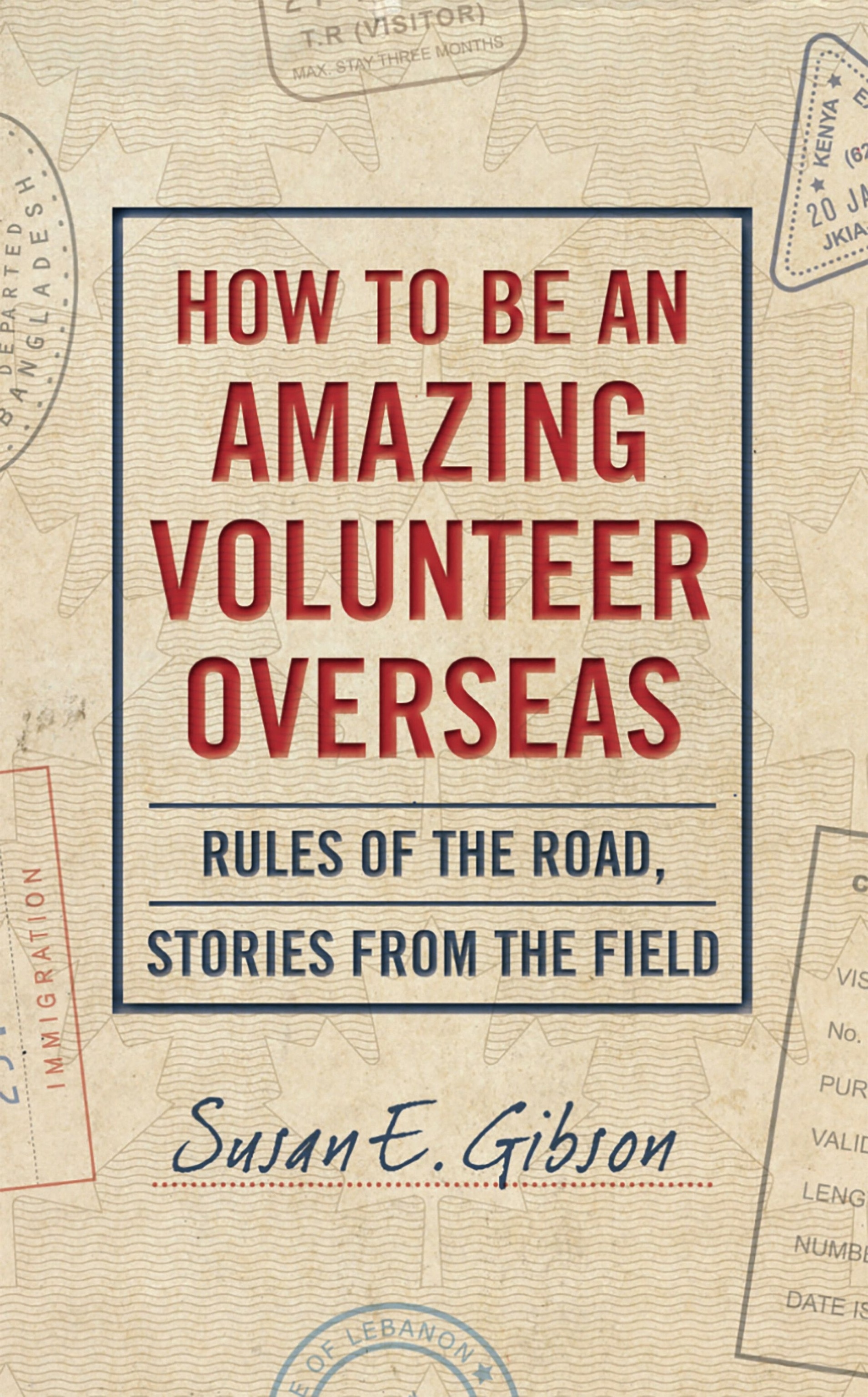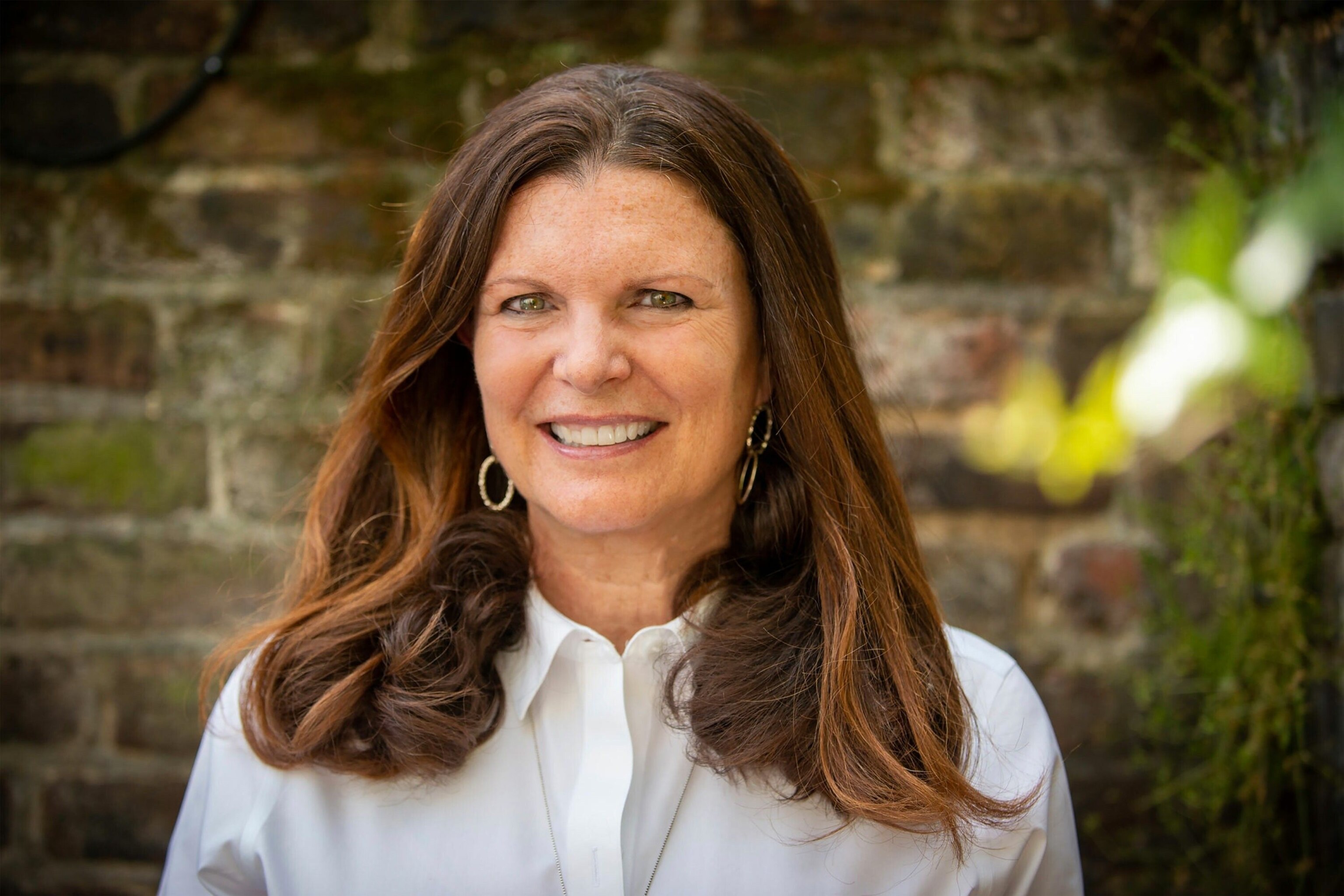
Top tips for planning a volunteer trip overseas
Veteran volunteer Susan Gibson's new book advises aspiring voluntourists how to make a truly positive impact — from finding the right organisation to questioning your own motivations. Here, she shares tips from a career spanning 70 countries.
Where was the first place you volunteered and what was it like?
Haiti was the first destination I travelled to with the sole intent to volunteer. Having backpacked in Europe and Asia, I was interested to learn how wealthier countries were supporting those with fewer resources. Getting reliable information about programmes operating internationally 30 years ago was a challenge, and it turned out that the NGO was an evangelical mission; anyone wanting to use the services of the school or clinic was asked to be ‘born again’. I was also uncomfortable with the missionaries carrying out activities that didn’t involve the local residents being involved in the planning process. In addition, the accommodation was a bit of a shock: army cots on the second floor of a cinder-block structure, with a lot of insect life and some vermin.
If I’d been able to find out more before I left, I most certainly would have selected an NGO better suited to my values. After 35 days at the mission, I went to Port-au-Prince and started volunteering in the accounting department at a tuberculosis treatment centre, which was a much better fit.

What are the most common misconceptions about voluntourism?
People thinking the desire to help is enough, and that ‘popping in’ to volunteer for a few hours is helpful. There might be a feel-good factor for the volunteer, but it does little to help. For example, there are extensive studies that indicate volunteering in orphanages in Cambodia exacerbates the problem rather than helping children, since there are people who view well-intentioned volunteers as cash cows. In fact, these volunteers are perpetuating the circumstances — and worse, without intending to, exploiting kids who don’t benefit from a brief visit.
The focus should be on learning from grassroots leaders and finding ways to support them. Grassroots leaders are familiar with issues in their communities and committed long-term to be of assistance.
Also, in emergencies or when disaster strikes, it’s important that people only help if they specifically trained to help in emergencies. The best way to help is to donate to those who are best equipped to help.
What inspired you to continue travelling the world as a volunteer?
I did two early volunteer trips, three months each: the first to Haiti, which was frustrating, and the second to Bangladesh, which was educational and inspiring. After going to Haiti, I went to graduate school where I got the chance to learn about humanitarian and development programming, and which sorts of organisations were truly useful in community development. When I heard about the success of Grameen Bank in one of my classes, I immediately set my sights on going there to learn about how small loans were making positive change to millions of poor women. I was fortunate that the experience I had as a volunteer evolved into a career in microfinance consulting.
Ten years later, in 2001, when I moved to the UK, I returned to the volunteer side as a board member and supporter of various NGOs. I was able to visit programmes in various countries and then give first-hand accounts of the impact of their work to potential donors. It’s inspiring to work with like-minded people.
Where are some of the most memorable places you’ve travelled as a volunteer?
Travelling to Sheikhupura in the Punjab, Pakistan, watching Nasira Habib, a grassroots educator at Khoj, teaching girls who had never had the opportunity to read was uplifting. Seeing Kennedy Odede at SHOFCO in action in Kibera, Nairobi, Kenya, working with local residents to provide potable water and access to education for girls was inspiring. Visiting refugees in Domiz camp in Kurdistan in northern Iraq with the International Rescue Committee (IRC) witnessing displaced communities having to plan for a new life was informative. In all cases, I learned from people who knew the community members they were serving and together they were forging a way forward in challenging circumstances.
How much time do you spend at home versus overseas?
In the 1990s, when I was earning my living as a microfinance consultant, I worked on average in 20 countries per year and was travelling 70% of the time. I loved being on the road. When living in the UK up until the pandemic, I would visit programmes in the field for one to two months per year.
What have you learned most from volunteering?
I started volunteering locally when I was 15 and found it rewarding to be in the community working alongside others. It was another 15 years before I took the initiative to explore how getting experience overseas might lead to a career in international development. I was realistic about my goals when I first went to Haiti: I would give volunteering a try for several months and then re-evaluate. Although my first international experience wasn’t what I imagined, I was motivated to go back to school to learn how best to be a partner in community development overseas.
As a starting point, investigate what’s going on locally in your community and get involved. Then, if the experience results in forming interesting relationships and feeling productive, use it as a building block. Volunteering isn’t for everyone, so if you aren’t excited about it you can move on without having spent a lot of resources — both yours and those of the NGO — unnecessarily.
The most important discovery of my having had the chance to volunteer and work overseas is learning about the countless grassroots leaders all over the world implementing long-term sustainable solutions to social issues. Interacting with and supporting them is good for the soul.

How to volunteer around the world: four simple tips to guide you
Many people are keenly waiting for the chance to board a plane to travel again and many want to do so in order to volunteer. Before planning to travel to another country to volunteer, there is a lot you can do to prepare. Use the time now productively to lay a foundation of what a trip an ideal trip might look like for you, particularly while travelling outside your country presents challenges with the COVID Omicron variant is spiking in many regions.
1. Start by volunteering locally
Before planning to go overseas, get experience and gain an understanding of issues closer to home. See if you like working in a team and being of use. There are many opportunities at local soup kitchens, drop-in centres serving indigenous people and refugees, and after-school programmes aimed at supporting youth in your community.
2. Do your research
Devote time to learning about some of thousands of grassroots leaders working around the world who are tackling challenging issues. Take a look at the UN’s 17 Sustainable Development Goals to get ideas of the sector/sectors that match your interests. Go with the intent of learning, not helping. Learning from and partnering with local leaders will have the most impact.
3. Connect and be adaptable
Whether overseas or in a local community, remember you’re a guest at an NGO — be inquisitive, adaptable and courteous. Make an effort to interact with everyone at your host NGO — find out about your colleagues’ lives. When you make promises and commitments, follow through. Work on really listening to what people are communicating to you, not what you assume they’ll say
4. Work in partnership
Collaboration in the most effective way to achieve lasting results. Invest time in establishing relationships with local residents. Be a catalyst, a cheerleader, a facilitator and connector. Consider that truly great leaders use ‘we’ not ‘I’ when talking about plans, strategies and accomplishments.
Visit amazingvolunteer.com for more information about volunteering.
Follow us on social media